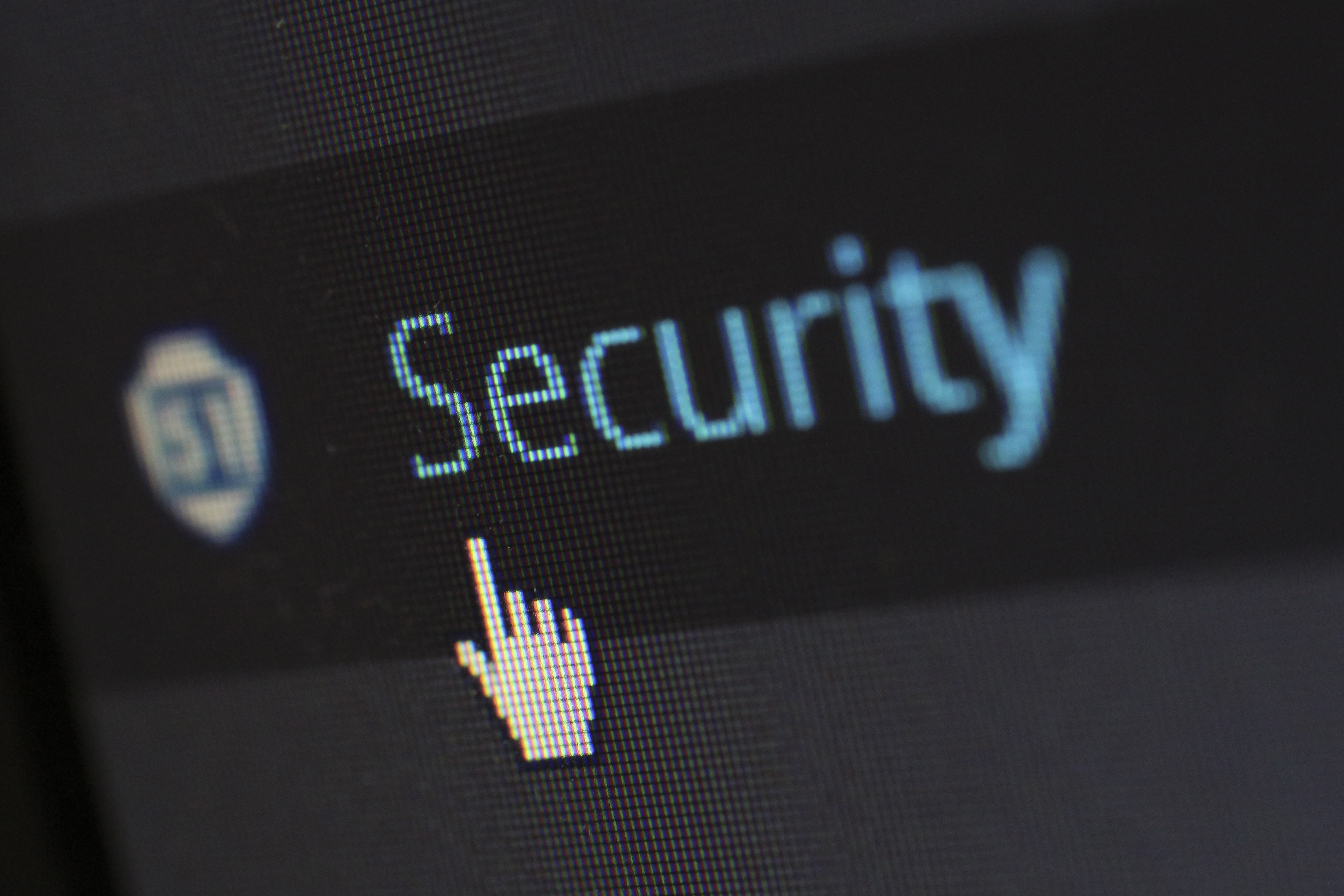
With all the convenience and access to information comes the inherent risk of cyber threats. To protect our personal data and privacy, adopting good cyber hygiene habits is crucial. In this blog post, we will explore some essential habits to enhance your online security and keep your digital life safe.
Keep Software Up-to-Date
Always ensure your operating system, applications, and devices are up-to-date with the latest security patches and updates. Cybercriminals often exploit vulnerabilities in outdated software to gain unauthorized access to your data. Set your devices and software to update automatically, ensuring that you receive essential security fixes promptly.
Secure Your Wi-Fi Network
Secure your home and office Wi-Fi networks by changing the default router passwords, enabling encryption (WPA3 is recommended), and hiding your network name (SSID) from public view. Additionally, consider separating your networks by creating a guest network for visitors, and keep your IoT devices on a separate network to minimize the risk of unauthorized access.
Seeking Professional Assistance
For those who feel overwhelmed or unsure where to start, consider seeking assistance from professional IT services. Companies like IT Services in Austin can help individuals and businesses create tailored cybersecurity plans and provide the necessary support to implement and maintain these strategies. This valuable resource can help to enhance your online security and give you peace of mind.
Strong and Unique Passwords
Creating strong and unique passwords for each of your online accounts is essential to reduce the risk of unauthorized access. A strong password should be a mix of uppercase and lowercase letters, numbers, and special characters. Consider using a passphrase – a combination of words that creates a long and memorable password. Remember to never reuse passwords, as it increases your vulnerability to cyberattacks.
Use a VPN
When connecting to public Wi-Fi networks, use a Virtual Private Network (VPN) to encrypt your online activities and protect your data from being intercepted. Avoid using sensitive accounts or conducting financial transactions on public networks, as they can be more susceptible to cyberattacks.
Two-Factor Authentication
Two-factor authentication (2FA) adds an extra layer of security by requiring not only a password, but also a second form of verification, such as a fingerprint, security code, or mobile confirmation. Enable 2FA wherever it is available, especially for critical accounts like email, banking, and social media.
Privacy Settings
Take control of your online privacy by regularly reviewing the privacy settings on your accounts and devices. This includes social media accounts, browsers, and mobile apps. Limit the amount of personal information accessible by others, especially those you have not authorized, and disable location tracking whenever possible.
Your Digital Footprint
Be aware of the information you share online and its potential consequences. Search yourself on search engines to see what personal data is publicly available. Delete old, inactive accounts, and keep your social media profiles private or limited to connections you trust. Regularly monitor your online reputation and take steps to maintain a positive digital presence.
Beware of Phishing Scams
Always be cautious when opening emails, especially if they contain unexpected attachments or links, as they might be phishing attempts. Cybercriminals have become sophisticated in creating realistic-looking emails and websites to trick you into revealing sensitive information. Verify the sender’s email address and look for signs like poor grammar, spelling errors, or suspicious URLs before clicking on any links or downloading attachments.
Educate Yourself
Stay informed on the latest cybersecurity threats and best practices by following reputable news sources, blogs, and online forums. The more you know about potential risks and how to mitigate them, the better prepared you will be to safeguard your digital life.
Antivirus and Firewall Software
Install a reputable antivirus software on your devices and keep it updated regularly. This will help detect and remove malware that may have infiltrated your systems. Additionally, enable the firewall on your computer to block unauthorized connections, reducing the risk of potential cyberattacks.
Regular Backups
Regularly backup your important files, photos, and documents, both to an external storage device and a cloud storage service. This ensures that in the event of ransomware or a hardware failure, you will not lose your valuable data. Additionally, ensure your backup solution is secure and encrypted to prevent unauthorized access.
Secure Your Mobile Devices
Mobile devices are just as susceptible to cyber threats as computers. Ensure your smartphone or tablet is protected by setting a secure passcode, enabling biometric authentication, and keeping the device’s software updated. Only download apps from trusted sources, such as the Apple App Store or Google Play Store, and be cautious when granting app permissions.
Safeguard Your Financial Information
Always be diligent in protecting your financial information, both online and offline. Monitor your bank and credit card statements regularly for suspicious activity, promptly report any discrepancies, and follow safe online shopping practices, such as using secure websites (those with ‘https://’ in the URL) and being cautious when providing sensitive information. Keep your financial documents secure and consider utilizing credit monitoring services to stay alerted to any suspicious activity.
Conclusion
By adopting these cyber hygiene habits, you can significantly enhance your online security and protect your valuable personal data. Remember that cybersecurity is an ongoing process, and staying vigilant is essential to maintaining a safe digital presence.